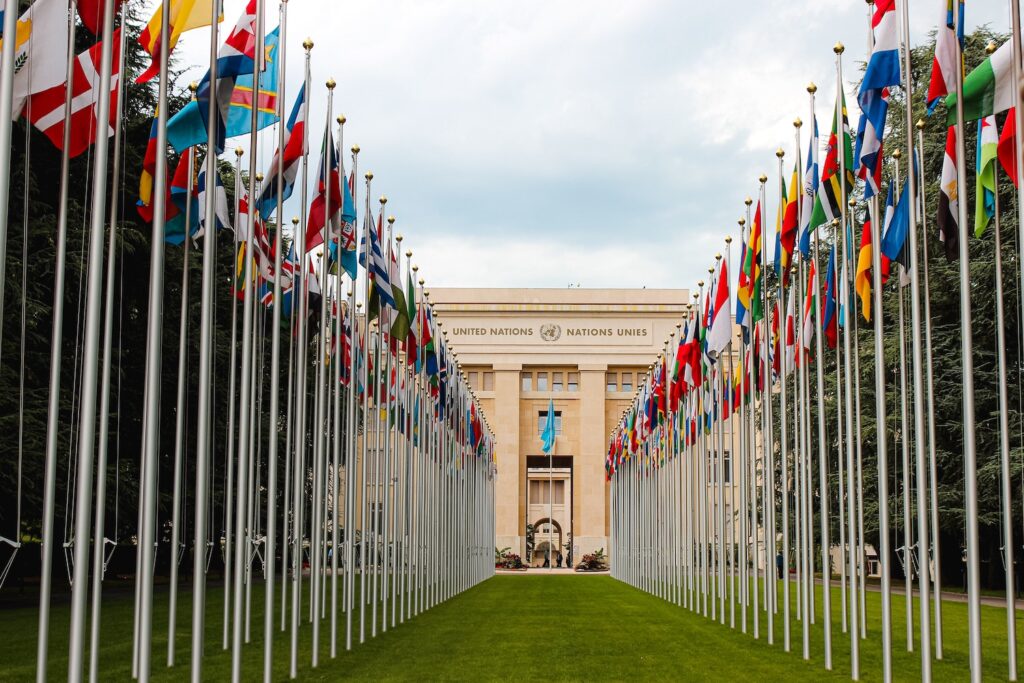In my blog The Impact of the Political Environment on International Trade, I mentioned that political risk management and trade development are two topics that are woefully intertwined and that when the truly unexpected happens, two things typically happen: denial or paralysis.
Both are understandable, but they do nothing to help an organization maintain or gain competitive advantage. There is a potential upside, however, for organizations with the foresight to mobilize considering disruptive scenarios — and respond in a way that ultimately powers their performance.
Today, Russia invaded Ukraine, which has been met with a swift reaction by many governments, most importantly the U.S. government, which controls many of the systems the world’s banks rely on, and not to mention, is the world’s second-largest economy.
The U.S. and other governments have export compliance regulations and laws that apply to their citizens, entities incorporated within their jurisdictions and, in most cases, products created with the technology born within their jurisdiction.
You may be wondering how these events affect you or your business. I’ve put together below a short list of your responsibilities under U.S. laws, for those of you who have facilities abroad or are owned by a foreign entity. Keep in mind that the situation is fluid and sanctions are imminent.
Here is what you are responsible for:
In addition to the usual denied party screening, you must also satisfy the OFAC 50% rule, which means that you must prove that any person on a denied party list doesn’t also own or control the entity you are shipping to or doing business with. I know of two companies that automate this data. The problem now is that Russia has enacted an anti-sanctions law that allows sanctioned entities and people in Russia to remove their information from any record that may be used against them, so that begs the question, how are you to prove that a person is not in an ownership or control of your Russian or Ukrainian customer?
Secondly, comprehensive sanctions (embargoes) have been placed on the Crimean region of the Ukraine in 2014. On Monday, the Biden administration expanded the scope of the existing executive orders to include two regions of Ukraine, Donetsk and Luhansk (DNR & LNR), that Russia has or will likely annex. What this means is that you will have to prove that your products will not end up in these regions.
Additional sanctions were announced today. Future sanctions could include the entirety of the Ukraine, Russia and Belarus.
This escalating situation has both professional and personal significance for me.
I am eager to help answer questions in the face of uncertainty through my role with the SBDC’s Go Global Initiative, your resource for expanding global markets and understanding trade compliance .
As you might imagine from seeing my last name, personally, my heart aches for my family in Kyiv and Poland. I can only imagine the anxiety they must be suffering.
NOTE: Since this blog was published, Chris has shared further advice through the following media appearances:
- TMJ-4: In Depth: Wisconsin companies that rely on exports to Russia and Ukraine face uncertainty (Feb. 28)
- Milwaukee Journal-Sentinel: Wisconsin companies balance complications to sanctions against Russia, Putin, parts of Ukraine and wealthy Russian citizens (March 1)
- WKOW: Wisconsin firms with Russian trade partners struggle with sanctions (March 2)

